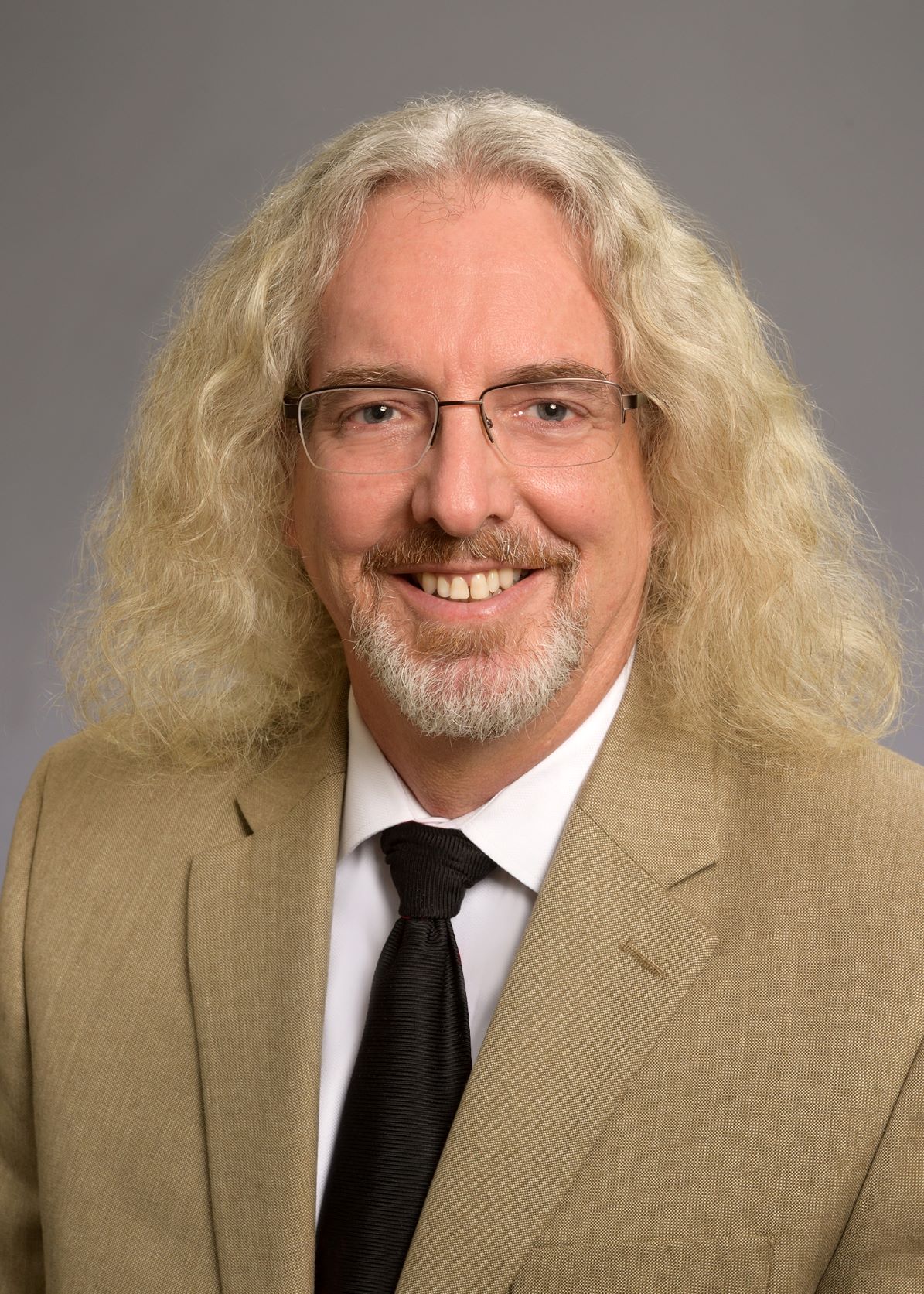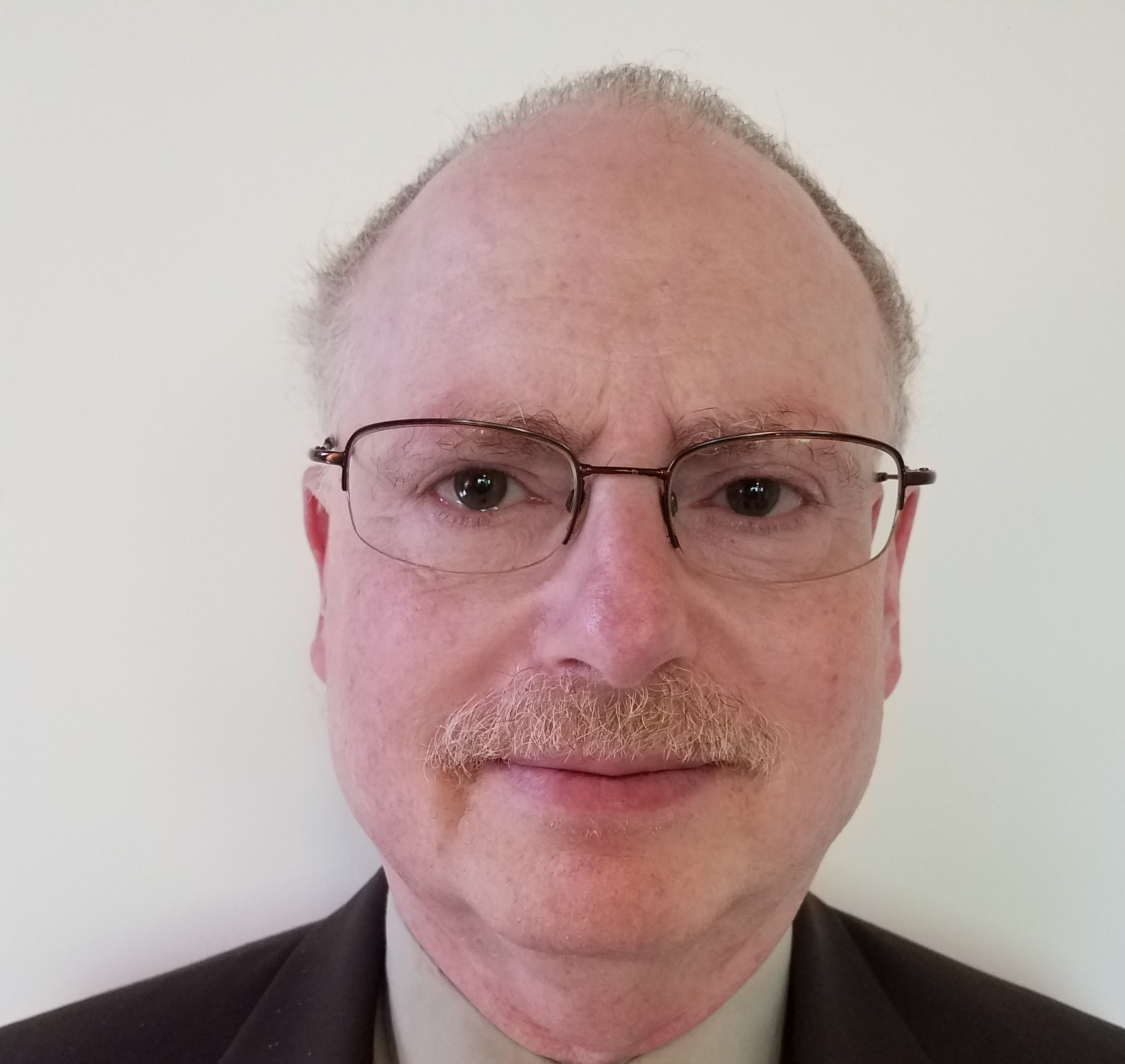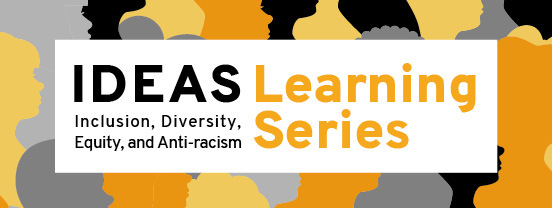
"Driving the Golden Spike That Unites Learning Outcomes with Teaching Activities" & "Data Sharing and Collaboration for Health Professions Education and Credentialing" - June 30
-
Register
- User - Free!
11:00am-11:30am ET - Driving the Golden Spike that Unites Learning Outcomes with Teaching Activities
In 2018, 84% of medical schools reported being in curriculum renewal. Implementation of a modern curriculum, defined by Irby, Cooke, and O’Brien (2010), demands an infrastructure to collect, aggregate, and report student performance data. The long-standing model of medical education (2 years of classroom followed by 2 years of clinical apprenticeship) required little attention to individual students’ progress. Curricular modifications to implement contemporary, outcomes-based education focus on individualization of content and delivery. In this model, data about students’ performance is the unifying element of teaching and learning. This session will present logic and conceptual technical models for curriculum change and explicate the value of data to successfully execute those changes.
11:30am-12:00pm ET - Data Sharing and Collaboration for Health Professions Education and Credentialing
Data standards allow us to share and collaborate across silos and systems. We often hear that data standards are intimidating or only for the tech savvy. We want to help demystify what data standards are and how they can help in such a turbulent and unprecedented time.
We invite you to come learn about the fundamentals of data standards and how they enable collaboration and sharing for education administration and accreditation; teaching activities and educational content; as well as credentials and certification. The common language that data standards provide improve costs and efficiency which is greatly needed in our current resource limited environment.
“MedBiquitous Community Connection” is a series of free one-hour webinars featuring health professions educators and technology innovators from around the globe. “MedBiquitous Community Connection” provides a forum for community experts to share how digital technologies are promoting improvement and better outcomes across the continuum of health professions education. A portion of each webinar will reserve time for a brief Q&A session, allowing attendees the opportunity to dialogue with guest speakers.

Hugh A. Stoddard, MEd, PhD
Assistant Dean for Medical Education Research, Emory University School of Medicine
Hugh Stoddard, MEd, PhD, is the Assistant Dean for Medical Education Research at Emory University School of Medicine and a Professor in the Department of Medicine. Prior to joining the Emory faculty in 2013, he was the Assistant Dean for Medical Education at the University of Nebraska College of Medicine where he also held the position of Director of the Curriculum and Educational Research Office.
Dr. Stoddard earned his PhD in Educational Studies (Administration, Curriculum, and Learning) and his Master of Education (Economics Education) from the University of Nebraska – Lincoln. He received his Bachelor of Arts from St. Olaf College in Philosophy and Anthropology. Before launching his career in medical education research in 2004, he was a high school teacher and coach in Nebraska, Saudi Arabia, and Colombia.
Dr. Stoddard is a member and contributor to the American Educational Research Association, the National Council on Measurement in Education, the Association of American Medical Colleges, and the Society of Directors of Research in Medical Education. He was elected President of SDRME 2009-12, the Chair of The Generalists in Medical Education 2017-2020, has been the Co-Chair of the MedBiquitous Curriculum Inventory Working Group since 2014, and was Program Chair for AERA Division I Annual Meeting in 2015.
Dr. Stoddard’s primary research interests include: organization of educational programs and educational quality improvement, assessment of medical student performance, increasing the number of medical students from underrepresented groups, and implementation of educational technology.

Jess Bowling, BFA, CTS, CSM
IT Manager (Curricular Support), Emory University School of Medicine
Jess Bowling is an IT Manager with the Emory School of Medicine and leads the Office of Information Technology Services’ Curricular Support team, which is responsible for providing technical support and consulting for systems relating to the education component of the School of Medicine’s tripartite mission. A part of the Emory community since 2007, Jess has designed and implemented a spectrum of IT and audiovisual solutions pertaining to medical simulation, standardized patient-based education, video-based learning, student computing, and online assessment.
Having recently earned a certificate in Artificial Intelligence Management from Georgetown University’s School of Continuing Studies, Jess’ recent activities include critically analyzing how AI, machine learning, and deep learning systems can be incorporated into medical education and academic health programs for formative and summative purposes. As an MBA candidate at Boston University’s Questrom School of Business, Jess is interested in creating novel management techniques that enable strategic, effective, and ethical use of AI, ML, and DL systems for academic and business purposes.

Robby Robson, PhD
CEO, Eduworks Corporation
Member IEEE Standards Association Board of Governors
Chair IEEE Standards Education Committee
Robby Robson is a researcher, entrepreneur, and standards professional who is co-founder and CEO of Eduworks Corporation and serves as a member of the IEEE Standards Association Board of Governors and as chair of the IEEE Standards Education Committee. During his career he has contributed to areas ranging from pure mathematics to web-based learning, digital libraries, and applications of AI to learning systems and has been involved in developing interoperability and data standards for over 20 years with organizations such as the IEEE, the IMS Global Learning Consortium, the W3C, and ISO/IEC JTC1.
Robby is currently leading the Competency and Skills System (CaSS) project, which is developing next-generation competency management and talent analytics solutions, and a related new national science foundation project called "Bridging the Healthcare Skills Gap" that seeks to increase healthcare capacity by guiding people to credentialing opportunities based on skills inventories. These projects make essential use of open data standards related to competencies, learner profiles, and credentials, including those developed by MedBiquitous, and in his various standards governance capacities he has worked with groups developing standards related to eBooks, machine learning, adaptive instructional systems and many other areas. He is looking forward to sharing insights into what open data standards accomplish and the benefits they bring.

